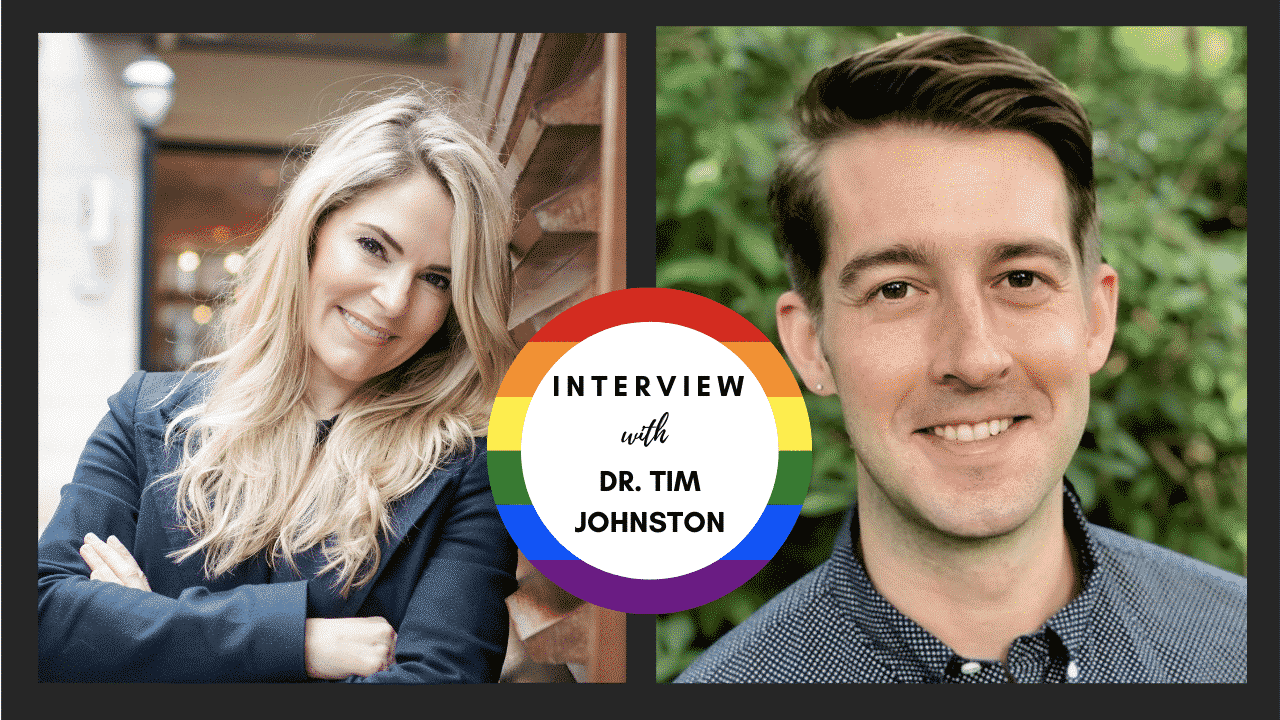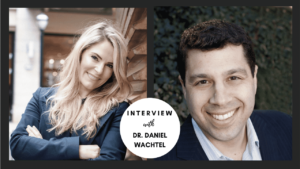Get ready for the confetti because it’s Pride!!
How do Pride and the Psychology of Aging fit together? Well, let me tell you, there are an estimated more than 3 million LGBTQ folks over 50 living in the US. This number is expected to more than double to 7 million by 2030. Okay, but here’s the thing. These are just estimates the numbers are probably higher, but they’re estimates because the US Census hasn’t captured how many LGBTQ folks actually live in America.
Whether you’re working with older adults as a professional, caring for older LGTBQ loved ones, are an LGTBQ older adult yourself, or are an ally like me, we all need to be aware of the unique needs and challenges that LGBTQ older adults face as well as the strengths that they possess.
According to SAGE (Services and Advocacy for GLBT Elders), LGTBQ older adults are twice as likely to be single and live alone, and four times less likely to have children. They’re more likely to experience depression, discrimination, social stigma, and the negative effects of prejudicial treatment and as a result are more likely to face homelessness, poverty and have poor physical and mental health outcomes than heterosexual older adults. This is why it’s so important that there are organizations like SAGE.
SAGE is a national advocacy and services organization that’s been looking out for LGBT elders since 1978. SAGE builds welcoming communities and keeps LGBT issues in the national conversation which ensures a fulfilling future for all LGBT people.
Today, I am delighted to interview Dr. Tim Johnston, the Senior Director of National Projects at SAGE. In this role, Dr. Johnston oversees the SAGECare cultural competency training program, and national partnerships with other advocacy organizations. Dr. Johnston is the author of Welcoming LGBT Residents: A Practical Guide for Senior Living Staff, which is the first comprehensive book on how to create a positive and safer experience for LGBT older adults in senior living settings. And today, he’s going to share his expertise with us.
Here’s a look inside my interview with Dr. Tim Johnston:
- [04:44] Dr. Johnston shares about the important work that he and SAGE are doing to serve and advocate for LGTBQ older adults.
- [10:33] Older LGTBQ adults spent many years of their life in a cultural and political context that was very hostile to LGBT people and staying in the closet or remaining private about their identity was often a matter of survival. Learn about how these experiences have affect older LGTBQ as they age.
- [12:55] If you’re a professional, learn what you can do to create a space that is affirming for older LGTBQ adults.
- [16:33] Dr. Johnston shares tips for what to do an say when an older LGTBQ individual reveals their identity to you.
- [17:10] Discover generational differences between the use of some of the LGTBQ terms.
- [23:55] Dr. Johnston reveals the unique needs of older LGBTQ folks who are living with dementia and how care communities can provide affirming and validating care.
- [28:00] Older LGTBQ adults possess many resiliency factors that need to be highlighted and validated. We explore a few of those here.
- [30:02] COVID is disproportionately affecting older adults. Learn some of the ways that COVID is affecting LGTBQ seniors specifically.
- [32:41] There’s a lot that older LGBTQ folks can do to enhance their own physical and mental health as they age. Dr. Johnston shares several tips.
- [39:50] Allies, friends, and family! You have an important role in promoting the health and wellness of older LGBTQ folks. Learn what you can do here!
By the end of this episode, you’ll have a deeper understanding of the unique needs of LGBTQ older adults, what LGTBQ seniors can do to enhance their physical and mental wellness, and what health providers and allies can do to to create affirming places for older LGTBQ folks.
Resources for LGTBQ Older Adults & Professionals
- Link here to learn more about SAGE’s PRIDE events for June 2021
- For LGTBQ Older Adults:
- SAGEConnect links LGBT elders with their broader community, reducing isolation and promoting well-being- connect online here. If you know someone who would benefit from SAGEConnect, but doesn’t have internet, call the registration line at 929-484-4160.
- Check out SAGE’s LGBTQ Aging Guides and Resources
- Considering Long-Term Care? Check out these resources for LGTBQ seniors
- Facing discrimination in your senior community? Lambda Legal defends the rights of LGBT and HIV-positive seniors who face discrimination related to their sexual orientation, gender identity or HIV status, including discrimination by staff and residents at senior centers, senior housing, long-term care and beyond.
- For Professionals:
- SAGECare Training Programs for Professionals. These programs help agencies and professionals to create more welcoming communities for older LGTBQ adults
- LGTBQ Fact Sheet for Psychologists
- American Psychological Association (APA’s) Division 44: Society for the Psychology of Sexual Orientation and Gender Diversity’s LGTBQ Resources Page
- American Psychological Association (APA’s) Office on Sexual Orientation and Gender Diversity







